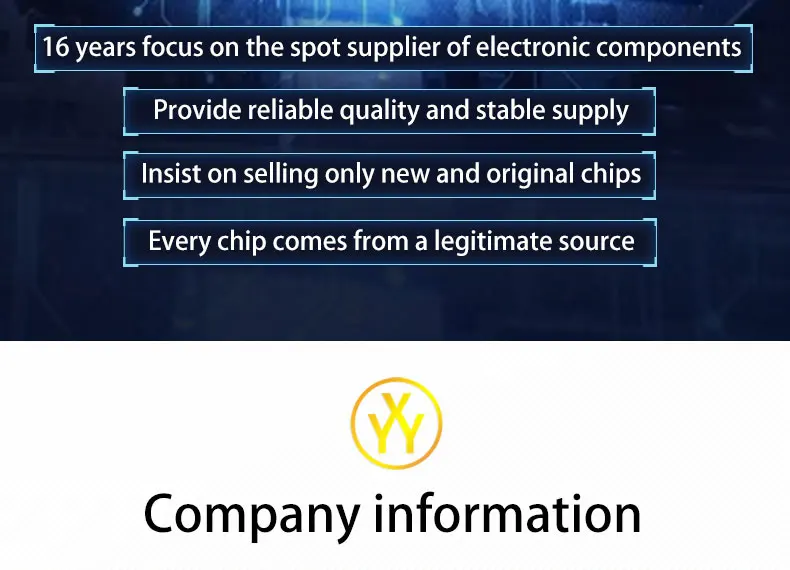A Comprehensive Guide to the Home Equity Loan Approval Process: What You Need to Know
#### Home Equity Loan Approval ProcessThe **home equity loan approval process** is a crucial step for homeowners looking to leverage their property’s value……
#### Home Equity Loan Approval Process
The **home equity loan approval process** is a crucial step for homeowners looking to leverage their property’s value for financial needs. Understanding this process can help you navigate the complexities involved and increase your chances of securing a loan.
#### Understanding Home Equity
Before diving into the approval process, it’s essential to understand what home equity is. Home equity is the difference between your home’s current market value and the outstanding mortgage balance. For instance, if your home is worth $300,000 and you owe $200,000 on your mortgage, your home equity is $100,000. Home equity loans allow you to borrow against this equity, providing a lump sum that can be used for various purposes, such as home renovations, debt consolidation, or education expenses.
#### Preparing for the Approval Process
To begin the **home equity loan approval process**, you should first assess your financial situation. Lenders will typically look at your credit score, income, and debt-to-income ratio. A higher credit score can lead to better interest rates and loan terms. Aim for a credit score of at least 620, though higher scores will improve your chances significantly.
Gather necessary documentation, including:
- Proof of income (pay stubs, tax returns)

- Current mortgage statement
- Information about any other debts
- Homeowners insurance details
- A list of assets and liabilities
#### Choosing the Right Lender
Not all lenders offer the same terms, so it’s essential to shop around. Compare interest rates, fees, and loan terms from multiple lenders. Look for reviews and ratings to gauge their customer service and reliability. You may also want to consider local credit unions, which often provide competitive rates and personalized service.

#### The Application Process
Once you’ve chosen a lender, you can begin the application process. This typically involves filling out an application form and providing the documentation you gathered earlier. The lender will then conduct a thorough review of your financial situation and the value of your home.
#### Home Appraisal
A key step in the **home equity loan approval process** is the home appraisal. The lender will require an appraisal to determine your home’s current market value. This assessment will help them decide how much equity you can borrow against. An appraisal typically costs between $300 and $500 and can take a few days to complete.
#### Underwriting and Approval
Once the appraisal is complete, the lender will send your application to underwriting. The underwriter will review all the information and make a decision about your loan application. This process can take anywhere from a few days to a few weeks, depending on the lender and the complexity of your application.

#### Closing the Loan
If your loan is approved, the final step is closing. During the closing meeting, you’ll review and sign the loan documents. Be prepared to pay closing costs, which can include appraisal fees, title insurance, and other related expenses. Once everything is signed, you’ll receive your funds, and your loan will be in effect.
#### Conclusion
Navigating the **home equity loan approval process** can seem daunting, but with the right preparation and understanding, you can make it a smooth experience. By assessing your financial situation, choosing the right lender, and preparing for each step, you’ll be well on your way to unlocking the potential of your home equity. Whether you’re looking to fund a major expense or consolidate debt, a home equity loan can be a valuable financial tool.